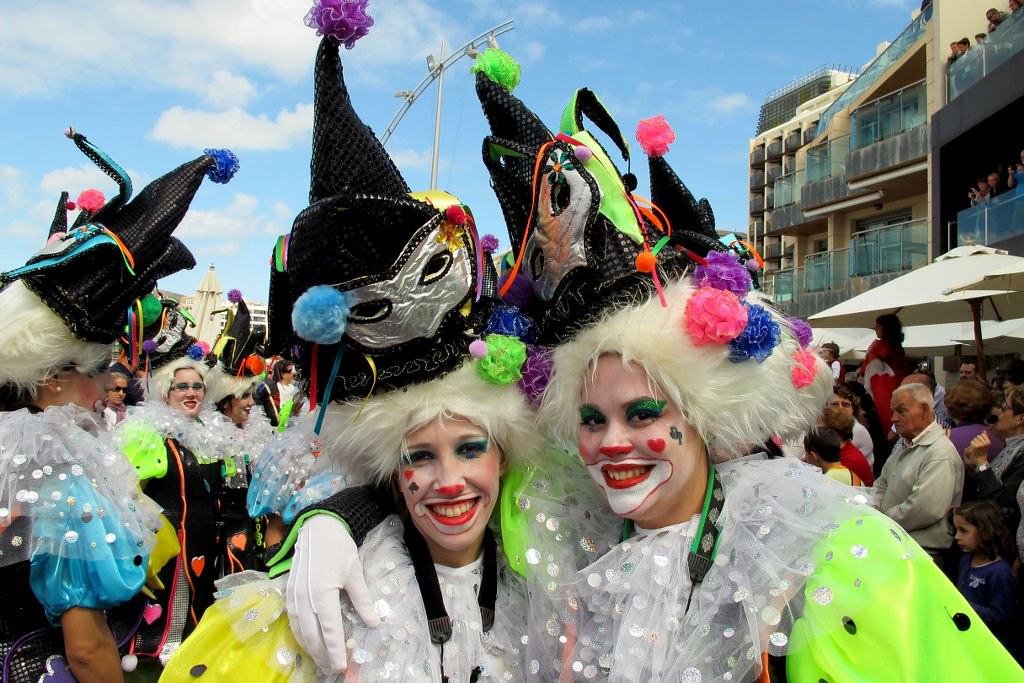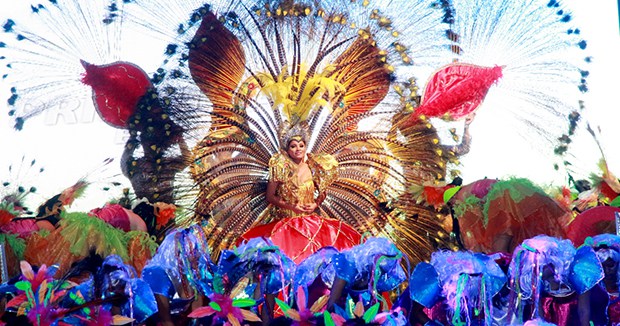Celebration, Tradition, and Culture
Carnival, a festival that evokes images of extravagant parades, colorful costumes, and contagious music, is one of the oldest and most universal celebrations in the world. This event, which takes place just before Lent, is an explosion of joy and fun celebrated in many parts of the world with a wide variety of rituals and customs. From the majestic floats of Rio de Janeiro to the traditional masquerades of Venice, Carnival is a cultural manifestation that unites people from different backgrounds and beliefs in a common celebration.
Origins of Carnival
The origin of Carnival dates back to ancient pagan festivities that were celebrated in honor of the changing seasons and the cycle of life. The Romans had the Saturnalia, during which social roles were inverted, and liberated behavior was allowed for several days. On the other hand, in ancient Greece, the festivities of Dionysus, the god of wine and fertility, took place, featuring processions, dances, and banquets.
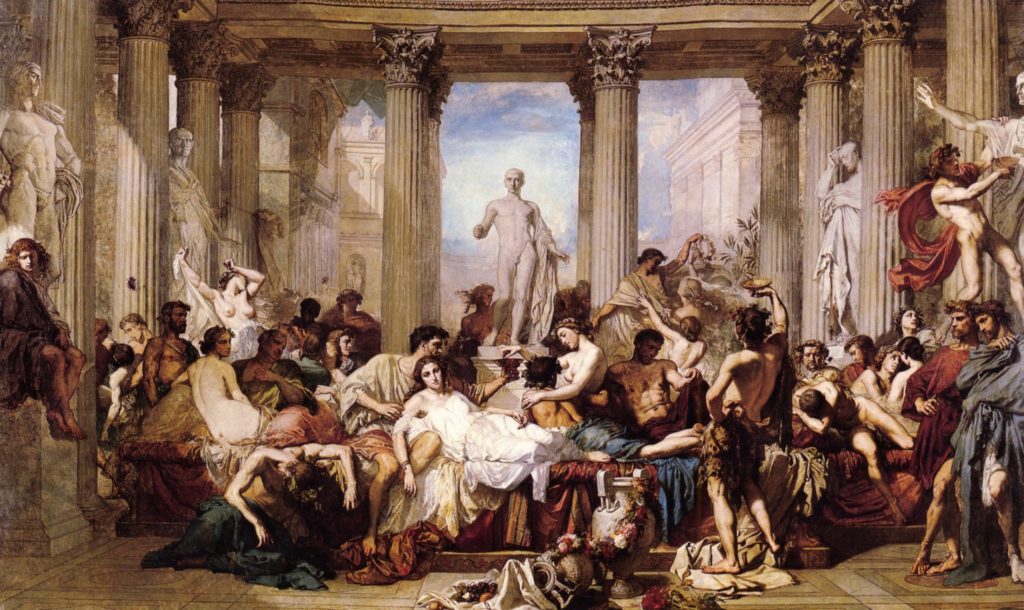
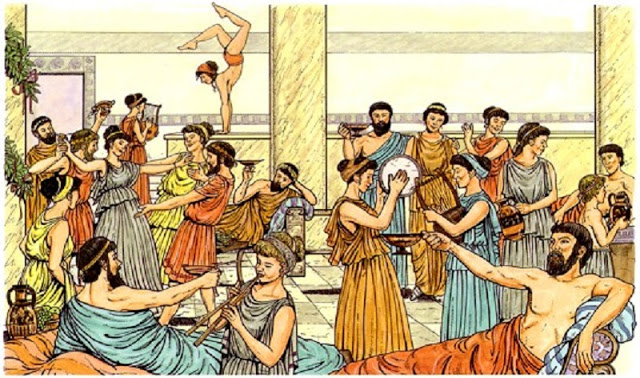
With the arrival of Christianity, these pagan festivities were absorbed and transformed into the celebration of Carnival, which precedes the austerity of Lent. The term “Carnival” comes from the Latin “carnevale,” which means “farewell to meat,” referring to the period of abstinence that follows this festivity.
Celebrations Around the World
Carnival is celebrated in various ways in different parts of the world, each with its own traditions and customs. In Brazil, the Carnival of Rio de Janeiro is famous for its dazzling samba parades, where samba schools compete for the title of champions. The streets are filled with music, dance, and color, while impressive floats parade through the city.
In Venice, Italy, Carnival is known for its elegant masks and period costumes. During this festival, the streets and canals are filled with people dressed in elaborate costumes, creating an atmosphere of mystery and fantasy.
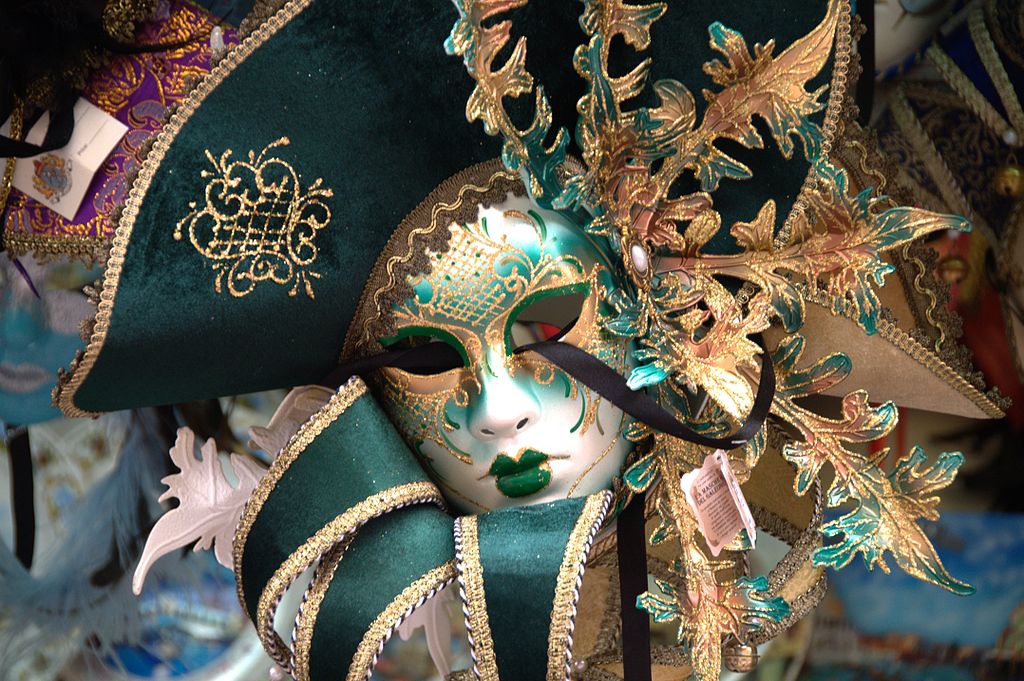
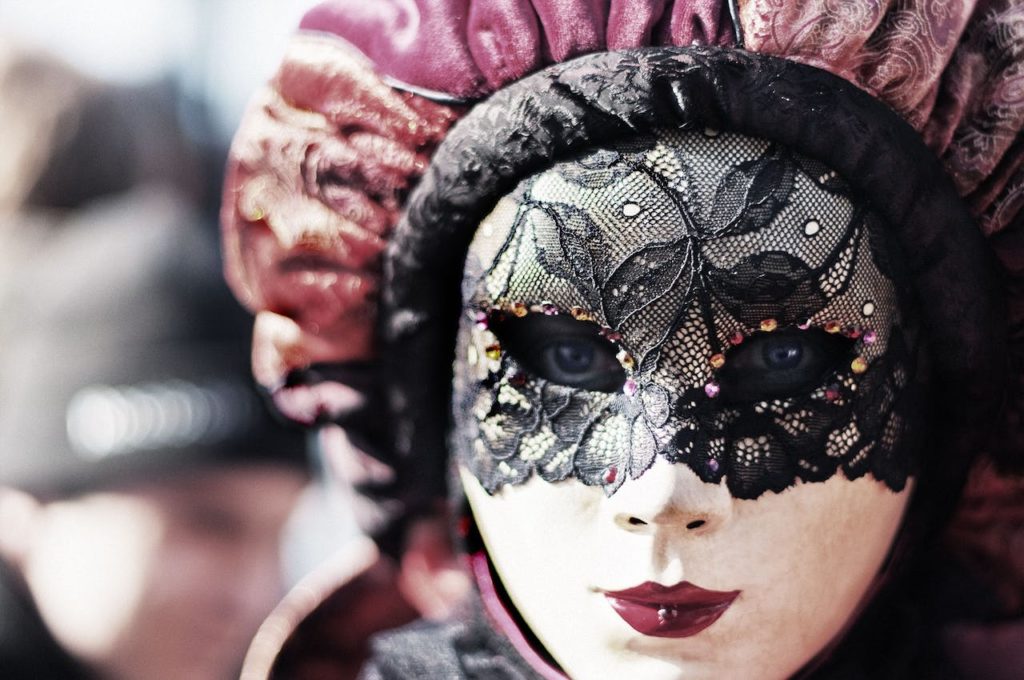
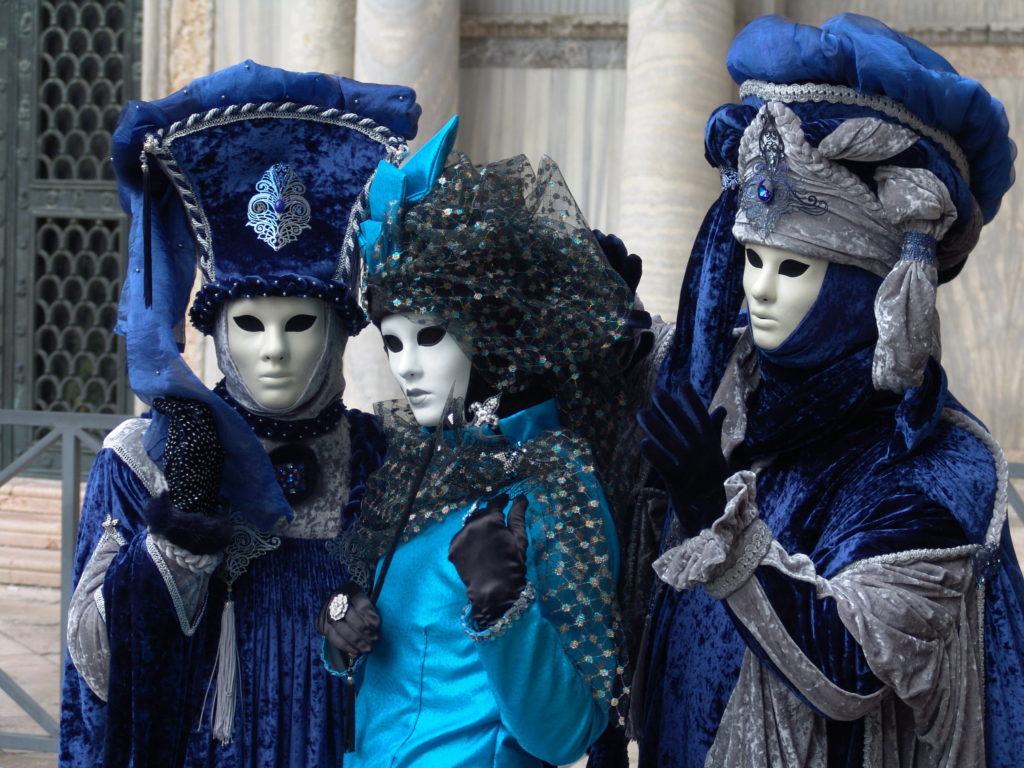
In the Caribbean, the Trinidad and Tobago Carnival is a vibrant celebration that combines African, European, and indigenous influences. With costume parades, calypso and soca contests, and dance competitions, this Carnival is an explosion of energy and creativity.
In Spain, the Carnival of Cadiz is known for its chirigotas, groups of people who perform satirical and humorous songs about current events. During this festival, the city comes alive with music, dance, and fun, while citizens dress up and participate in costume contests.
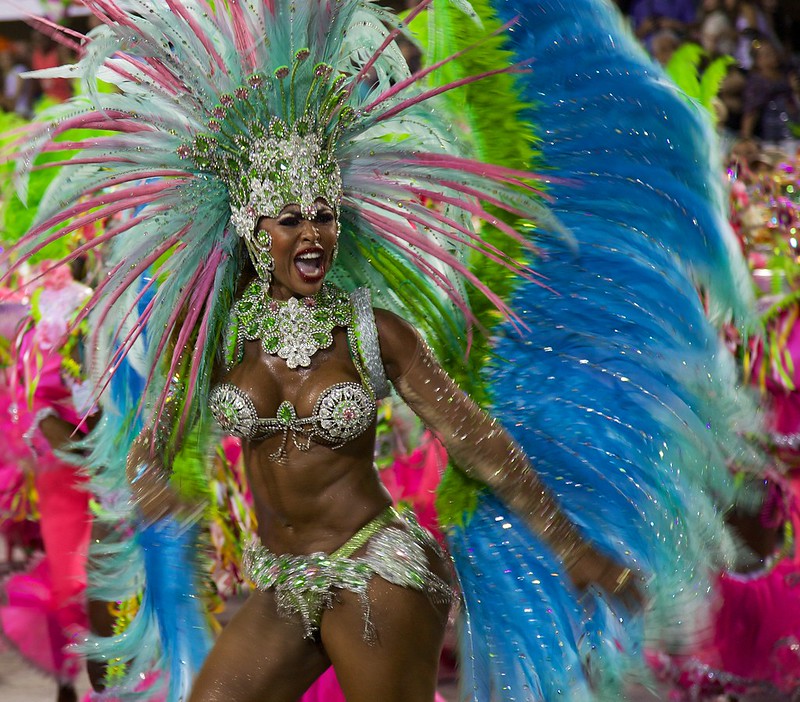
The Colorful World of Carnival. Common Activities and Meaning
Regardless of where it is celebrated, Carnival is full of common activities including parades, costume contests, street dances, live music, and food festivals. For those who participate in Carnival, this celebration represents an opportunity to break free from social constraints and express their creativity and festive spirit.
Carnival also holds deeper meaning for many people, as it represents the celebration of life, community, and culture. It is a time to come together with friends and family, enjoy music and food, and celebrate the diversity and creativity of humanity.
In summary, Carnival is much more than just a party; it is a celebration that unites people from different cultures and traditions in a common celebration of life and joy. Whether in the streets of Rio de Janeiro, the canals of Venice, or the squares of Cadiz, Carnival is a unique experience that leaves a lasting impression on those fortunate enough to participate in it.
Life in the Caribbean is extremely attractive both to live and to own a property that generates income during the seasons when you do not use it. At Select Riviera Maya Real Estate, we have an important portfolio of properties that fit your tastes, needs, and budget. We invite you to contact us, and we will gladly advise you so you can acquire a piece of paradise, and next year we can celebrate Carnival together.
